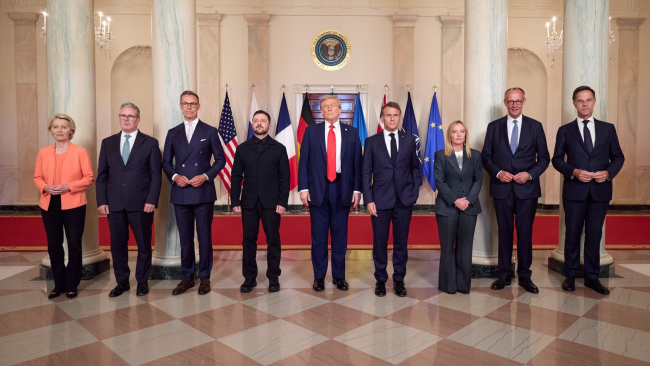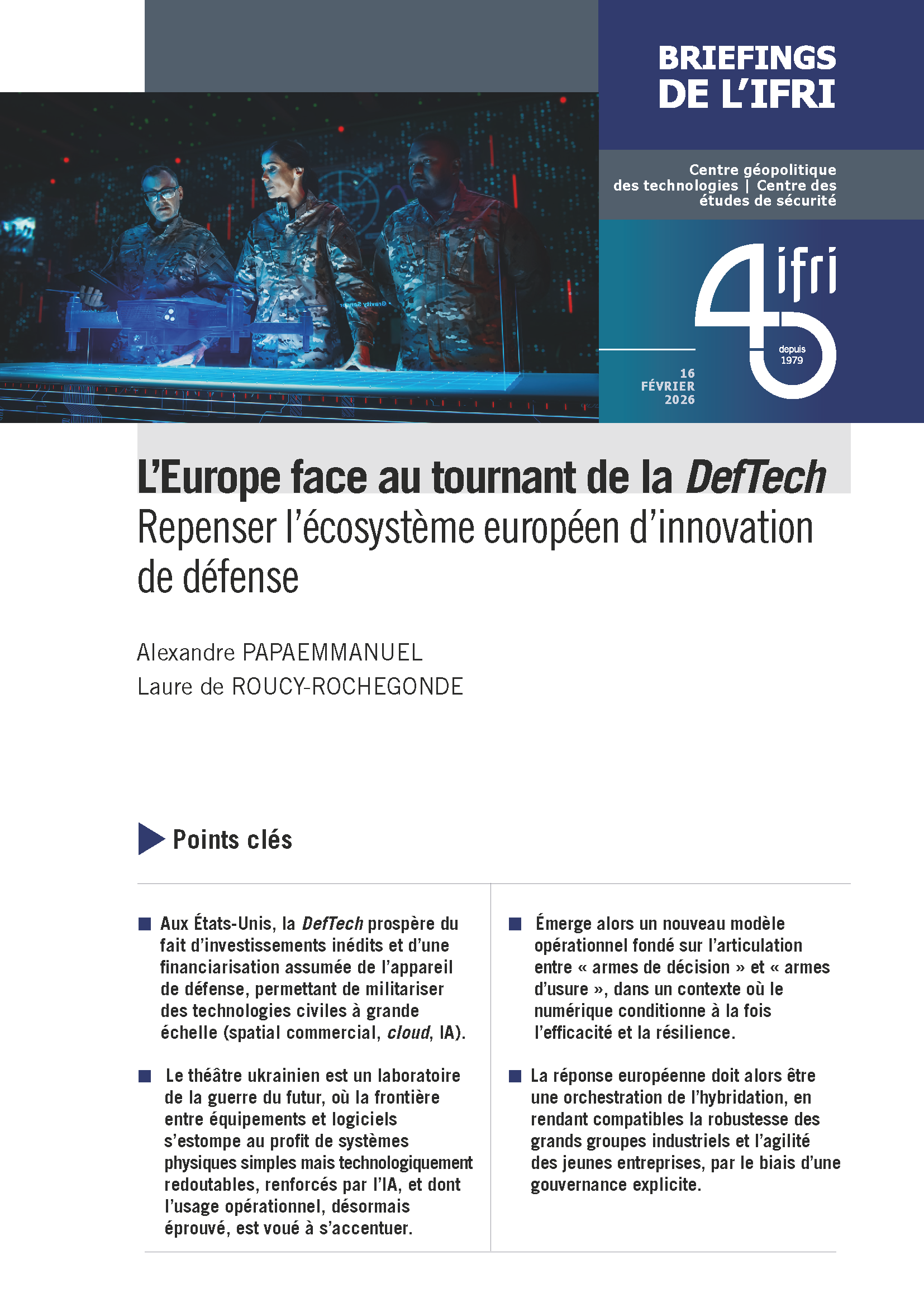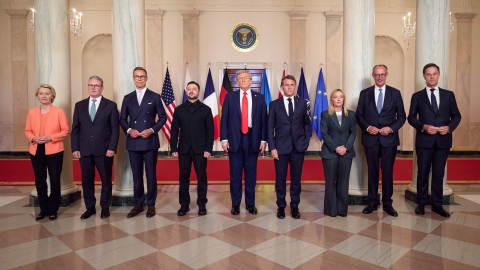
Informations pratiques
Thématiques et régions
Centres et programmes liés
Ceci est un événement réservé.
En savoir plus sur nos programmes de soutienDans le cadre de l'Ifri Energy Breakfast Roundtable, un séminaire avec John Arima, Director General, Jetro London, Special Adviser for Global Environment Affairs, METI and Dale Eppler, Councellor for Energy, Environment, Science and Technology, US Mission to the EU
Présidence: Maïté Jauréguy-Naudin, directrice du Centre Energie à l'Ifri et Jacques Lesourne, président du comité scientifique du Centre Energie à l'Ifri.
While the fight against climate change had characterized the 2000s as a political priority, post-Durban 2012 has to cope with more short-term needs taking the scene. The economic situation blurs signals that promote the development of low-carbon energies; the Fukushima disaster, the Arab revolutions and the Iran crisis all shifted the eye from the long-term climate change fight. Meanwhile, Presidential elections in the US makes difficult to understand the commitment of the US on this topic.
With uncertainties over the content of the next Kyoto protocol agreement and an ever growing importance of China and India as big polluters, how are Japan and the USA taking actions and decisions to handle this global challenge?
These factors, coupled with a very low carbon price in the European market, raise questions about the challenges ahead and the concrete measures that can be taken to cope with the climate fight.
The Speakers will address the above issues, followed by a round of questions with the audience.
Replay
Sujets liés
Autres événements

Quelle politique de défense en Allemagne ?
Face à la guerre en Ukraine et à l’instabilité géopolitique en Europe dans un cadre transatlantique perturbé, l’Allemagne a amorcé un tournant majeur dans sa politique de défense, avec une hausse significative des dépenses militaires, la modernisation de la Bundeswehr et le débat sur un éventuel retour du service militaire obligatoire.

Quatre ans de guerre en Ukraine : verra-t-on la fin du conflit en 2026 ?
Un déjeuner débat autour de Tatiana Kastouéva-Jean, Directrice du Centre Russie/NEI, et Élie Tenenbaum, directeur du

Quel partenariat technologique avec l’Inde ?
Le 16ème Sommet UE-Inde, qui s’est tenu le 27 janvier à New Delhi en présence des dirigeants européens António Costa, Ursula von der Leyen, et du Premier ministre Narendra Modi, marque un tournant dans le renforcement des liens entre l'Union européenne et l'Inde. Parallèlement, les visites bilatérales se multiplient, à l’image de celle du Président français qui s’est rendu en Inde mi-février pour participer au Sommet sur l’Intelligence Artificielle.









